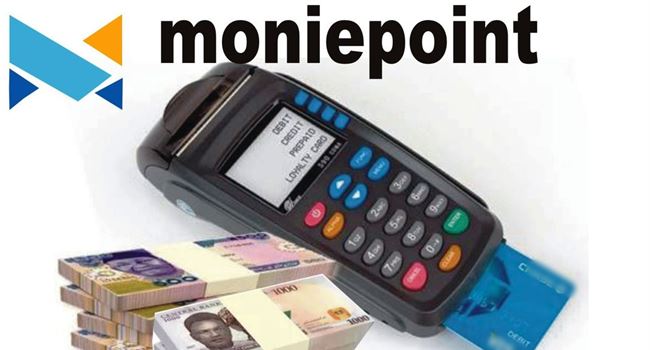- The Daily Brief, by The Kenyan Wall Street
- Posts
- May Inflation : A Softer Burn...
May Inflation : A Softer Burn...
Kenya's #1 newsletter among business leaders & policy makers

Happy New Month!
I am Brian from The Kenyan Wall Street and these are our day's business stories:
💱 Eyes on the Economy…
A Softer Burn: Inflation Rate Eases to 3.8%

Inflation in Kenya dipped to 3.8% in May, down from April’s 4.1%, as easing energy prices offset rising food costs, including notable spikes in sugar and maize flour. While vegetables like kale climbed sharply, declines in potatoes and milk provided mild relief to household budgets. Core inflation contributed the lion’s share of the overall rate, with non-core drivers such as gas and electricity prices showing slight but significant declines. Meanwhile, the transport index ticked up on pricier international flights, even as fuel prices held steady—an economic seesaw in a cooling inflationary climate. Read here »»»»»
The Weight of a Trillion-Shilling Debt

Kenya's Public Debt trajectory since 1999
Kenya’s public debt has soared to a record KSh 11.36 trillion as of March 2025, marking a dramatic climb from just KSh 1 trillion in 2009. Driven by years of massive fiscal deficits, infrastructure megaprojects, and pandemic aftershocks, the country now spends more servicing debt than investing in development. Domestic borrowing, especially short-term Treasury Bills, has surged. This has tightened the noose on private credit and fueled refinancing risks. While a stronger shilling offers fleeting relief on foreign debt, interest payments alone have reached KSh 1.25 trillion this fiscal year, crowding out public investment. Unless revenue is raised and spending reined in, Kenya risks hurtling toward a debt spiral where each new shilling borrowed only feeds the cost of yesterday’s ambitions. Read the full analysis »»»»»
Your Opinion
How would you describe the cost of living as we head into the middle of the year? |
📈 Capital Markets
The Trading Floor Revolt : Mwiti Vs. Stockbrokers

NSE CEO Frank Mwiti
In a bold move echoing Kenya’s M-Pesa revolution, Nairobi Securities Exchange CEO Frank Mwiti has ignited a firestorm with his plan to grant retail investors direct access to the market. His vision, nine million new investors by 2029, has rattled traditional stockbrokers who now find themselves cast as reluctant gatekeepers in a swiftly evolving ecosystem. The backlash, led by KASIB, mirrors the banking sector's failed resistance to mobile money in 2007, and includes sharp accusations of poor governance and overreach. But the NSE’s record profits and surging bond market suggest a marketplace ready for transformation, not retreat. Mwiti insists brokers won’t be cut out but repositioned, with oversight roles intact and opportunity ahead. Here is the full story »»»»»
The Nairobi Securities Exchange (NSE) Posts Impressive Rally On Tuesday

NSE PLC performance over the years
In a rare jolt of market enthusiasm, investors swarmed Nairobi Securities Exchange PLC stock with a ferocity not seen in over a decade, pushing the day’s volume to a staggering 7.13 million shares—the most since November 2015. The $NSE ticker surged to a high of KSh 7.60, its loftiest perch since October 2022, signaling a renewed appetite for the bourse operator’s prospects in a region often dulled by liquidity concerns and investor fatigue. The rally caps a dramatic +25% climb year-to-date, as traders, buoyed by whispers of reform, restructuring, or perhaps a subtler vote of confidence in Kenya’s capital markets.
NSE Gainers And Losers

Source : NSE
Editor's Picks
On your watchlist
In this episode of Investing like an Executive, Eric Asuma, Co-founder of the Kenyan Wall Street, sits down with Thuku wa Thuku, Co-Founder & COO, and Caine Wanjau, Co-Founder, Director & CEO of Digitax
In the business world, the rearview mirror is always clearer than the windshield.
Keep up with what’s happening on our X and LinkedIn pages. Stay updated with the latest financial news on our website The Kenyan Wall Street.



